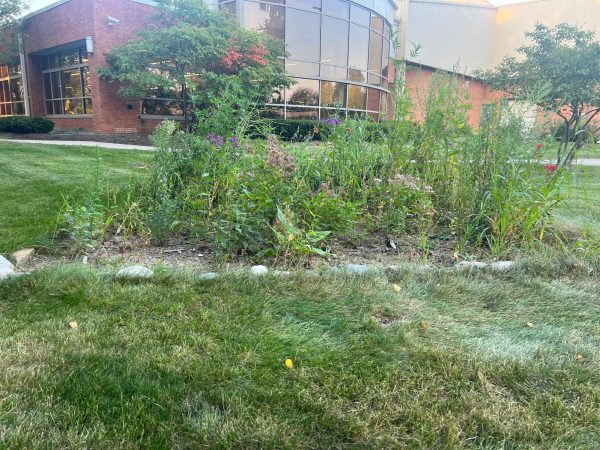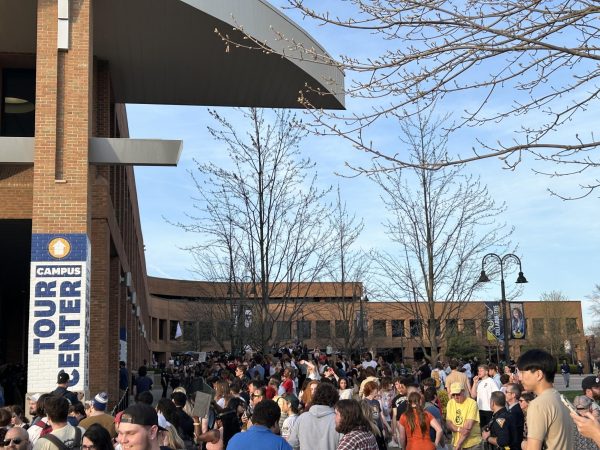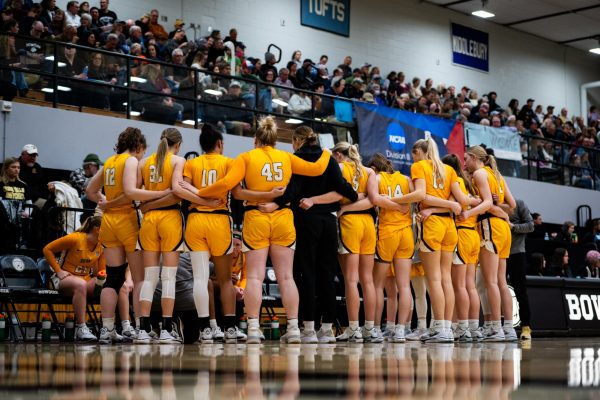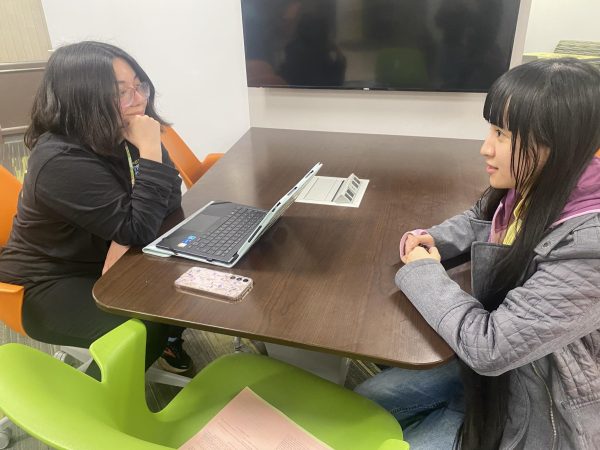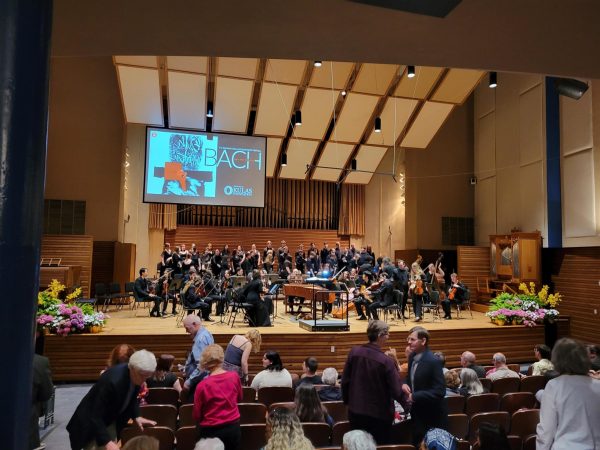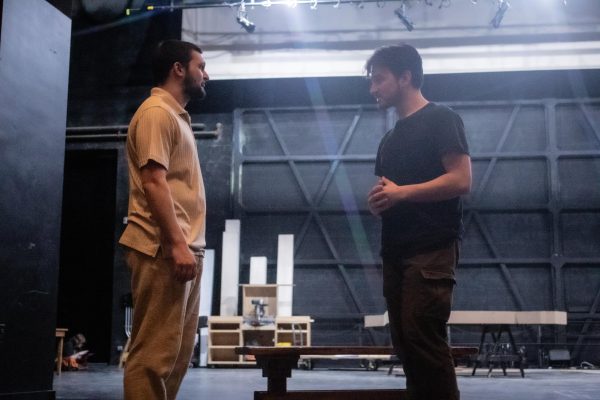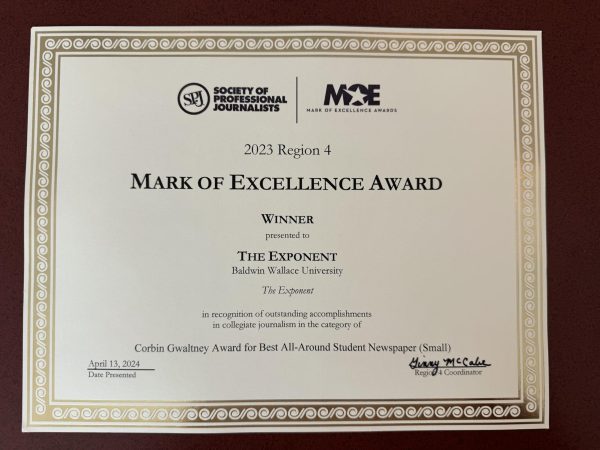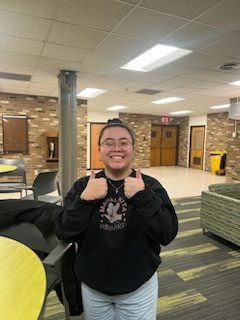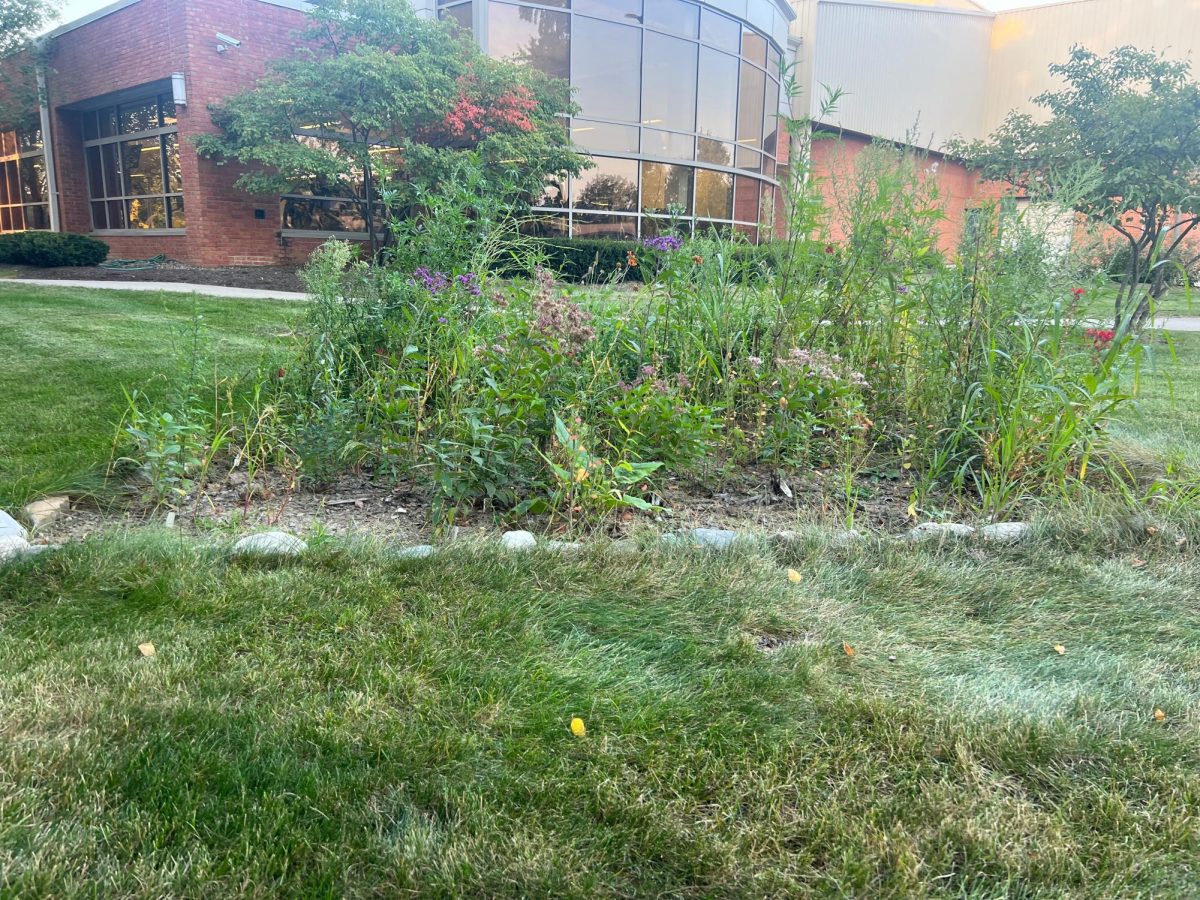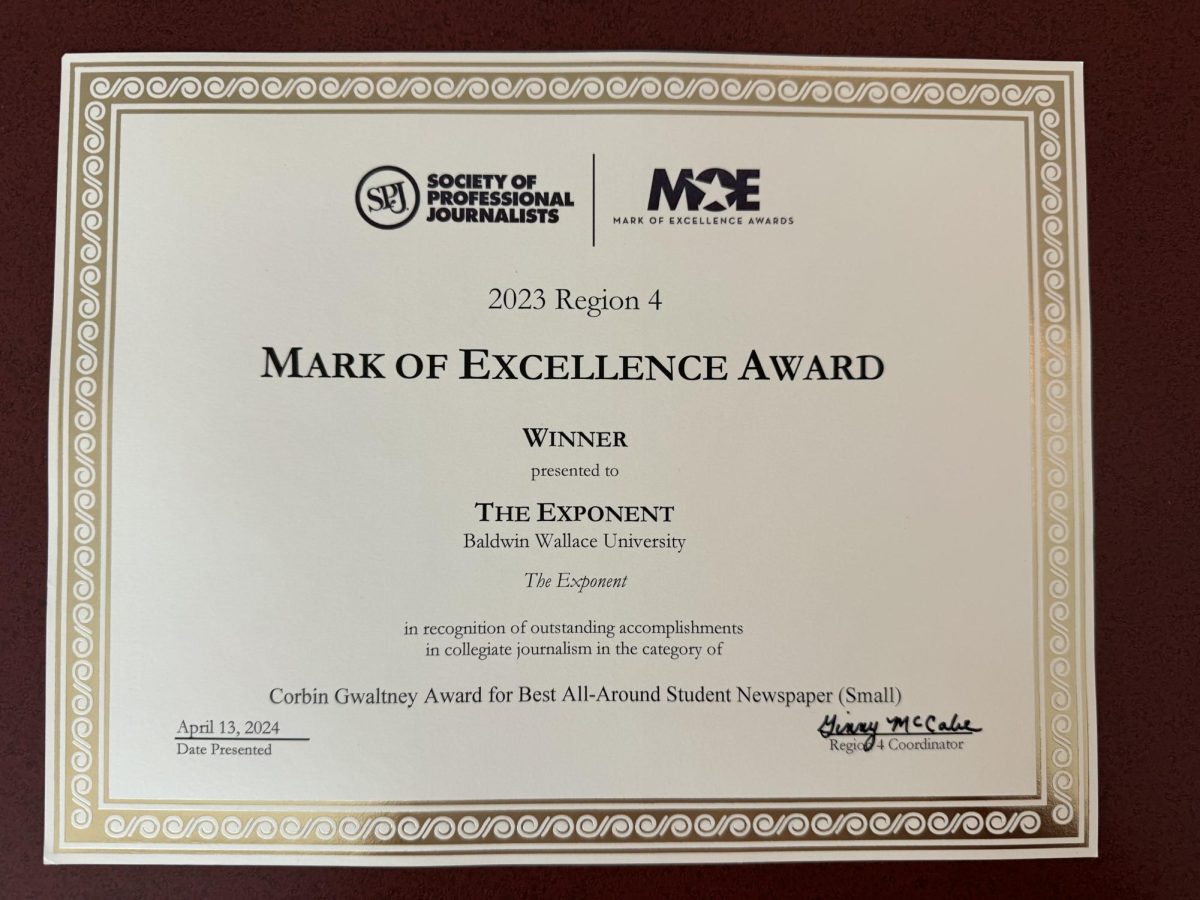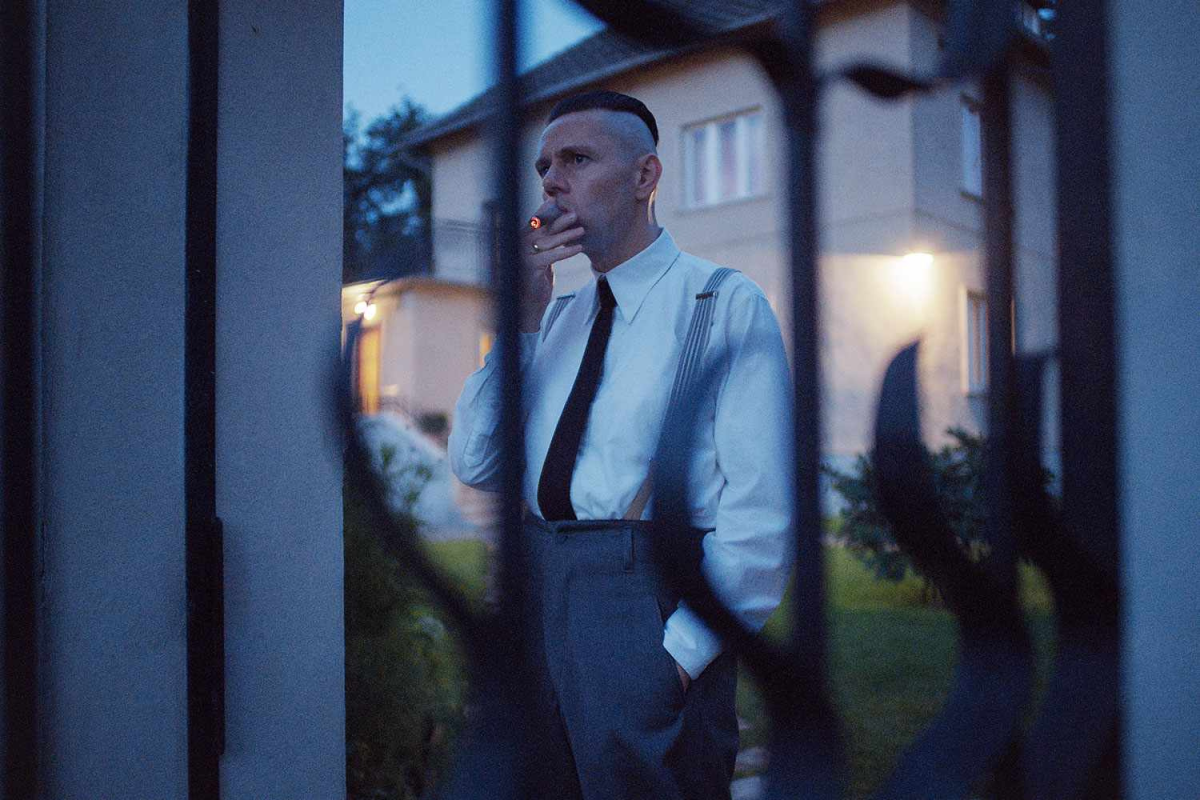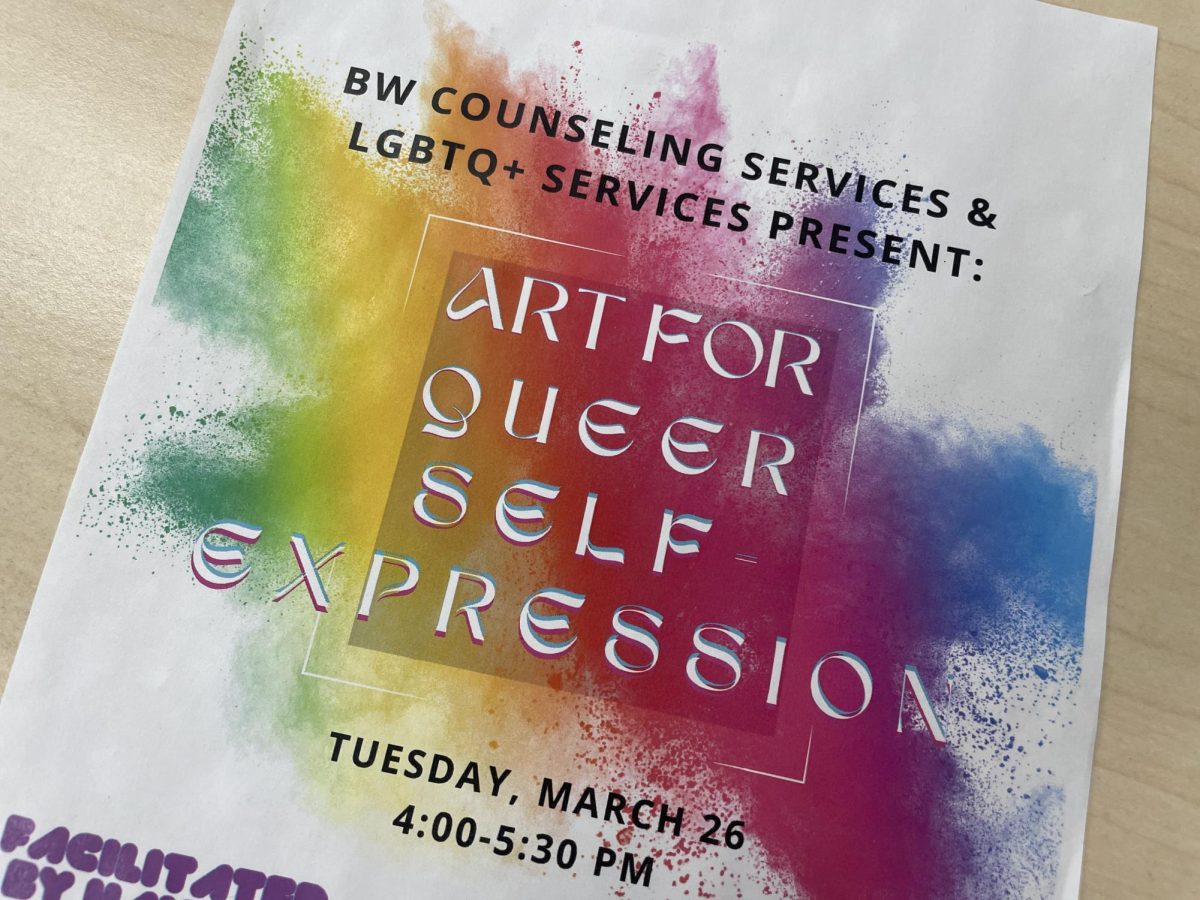Esteemed harpsichordist to give lecture-recital at Con Feb. 19
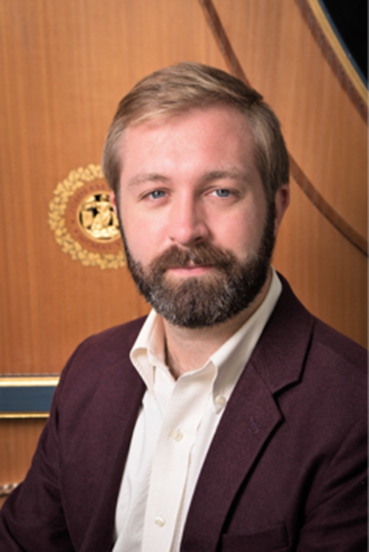
The upcoming lecture-recital, “Clavier- Übung,” seeks to rethink the ways in which the bodies and performance practices of composers J.S. Bach and his contemporaries influenced their music.
Harpsichordist and musicologist, John McKean from the Longy School of Music of Bard College in Boston will be paying a visit to the Baldwin Wallace Conservatory of Music on Feb. 19 to give a lecture-recital concerning his research into the Wegweiser — a keyboard instruction manual from the late 17th century — now in the collection of the Riemenschneider Bach Institute (RBI) at BW’s Conservatory. The lecture-recital will take place in Fynette Kulas Musical Hall at 7:30 p.m. and will feature prominent German Baroque keyboard music performed by McKean, in addition to a presentation of his research.
McKean will be coming to BW through the Martha Goldsworthy Arnold Fellowship. He was awarded the fellowship this past November upon application, which has allowed him access to the RBI’s extensive music collection. This fellowship is awarded biannually to scholars based on their need to “consult” the RBI’s artifacts for their research, and is an excellent way for the RBI to “highlight the collection,” said Christina Fuhrmann, professor of music and editor for BACH: Journal of the Riemenschneider Bach Institute.
Though there has been prior research on the Wegweiser keyboard instruction manual, said Fuhrmann, “McKean is arguing that the research that’s been done is just the basic groundwork and now he’s going to make it more accessible.”
According to Fuhrmann, it is McKean’s plan to create a website where one can access the Wegweiser with a searchable translation and videos of him playing selections of the manual.
McKean’s research and upcoming lecture-recital will focus specifically on the performer’s body and what it is like, physically, to play a keyboard instrument.
“It is easy to lose sight of the fact that Bach’s music was as much a concrete product of his keyboard-playing body as it was an abstract creation of his mind,” said McKean through email. “I am interested in putting the body back into the creative equation so that it’s possible to understand the history of keyboard music not only in terms of how the music sounds or looks on the page, but also what it feels like to play.”
McKean began playing piano at the age of six and started out on an electric keyboard that he cites as his first interest in the sound of the harpsichord.
“The [electric] keyboard could be set to play with a harpsichord sound,” he said, “and I was instantly captivated by this — much more so than the default piano sound.”
Following this discovery, McKean started “gravitating to 17th- and 18th-century music,” leading directly into his studies. He holds degrees in German Studies and Harpsichord Performance from nearby Oberlin College/Conservatory. Additionally, McKean has obtained an advanced performance diploma from the Hochschule für Musik Freiburg in Germany.
With a majority of contemporary keyboard music being written for piano, one could certainly question the importance of harpsichord in the modern world. When asked about this, Fuhrmann said there are two main ways in which the instrument is still relevant.
The first, and most common use, is in performances of historical pieces, which were often originally written for the harpsichord.
The second, and less common use, is in new works being written for harpsichord, or in modern piano works being adapted for the harpsichord. Keyboardists, such as Mahan Esfahani, have taken pieces like Steve Reich’s “Piano Phase” and created recordings of these works reimagined for harpsichord.
“I think that we underestimate,” said Fuhrmann, “how much [the harpsichord] still could be used…today.”
The Exponent is looking for financial contributions to support our staff and our newsroom in producing high-quality, well-reported and accurate journalism. Thank you for taking the time to consider supporting our student journalists.
